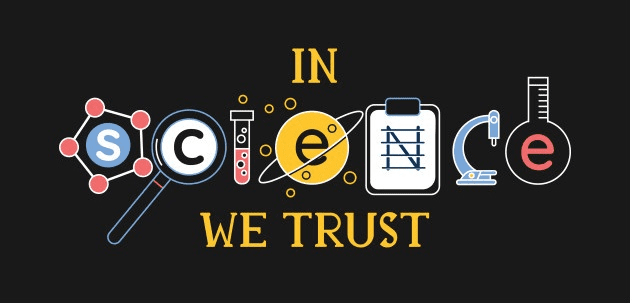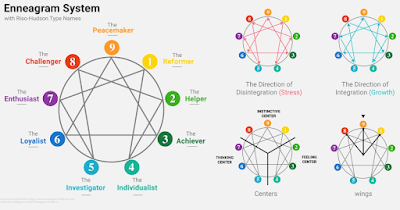
One of my favorite things I get to do as an apologist is answer questions on behalf of Reasonable Faith. I recently received a question that I’ve been thinking about in greater detail since I answered it. The person was wondering if it is reasonable to have faith in science as opposed to God because science has such a strong track record of answering our questions. This is a great question because the person recognized that belief in science still requires faith and that there is knowledge outside of science, therefore, he avoided the trap of scientism.
The careful wording of this question allowed me to answer very affirmatively. Christians have nothing to fear from science, even when a person is talking about whether it is reasonable to put their faith in it. Yes, it is reasonable to put faith in science and to be honest, more people should probably put more faith in it. The only caveat is that we must recognize what it is reasonable to believe that science can do.
The Trajectory of Science
If you grew up before the 90s, you surely remember all the great technological advances we were supposed to have by the year 2000 that never came, the most memorable being flying cars. Maybe the timing was just off and we’ll have all the great things we thought we would have, but it will just take a bit longer. I actually think this is likely. Just because we thought we could solve problems quickly doesn’t mean we will never solve them. The technology that will exist 100 years from now will be astounding by current standards. Even with all the scientific advances that are all but certain to come, what will science actually tell us about God, or more specifically, will it fill in gaps in our knowledge so that we don’t need God as a Creator and Designer of the universe?
In a Time magazine article in 1966, famed atheist astronomer Carl Sagan said that the only thing necessary for life to begin was for a planet to exist that is the right distance from the right type of star. Since then, scientists have discovered hundreds of factors that must be finely tuned for life to exist. The ministry Reasons to Believe has a list of them here.
Over the last two hundred years, the more we learn about life such as the complexity of the cell, DNA, etc., the more apparent it becomes that this universe and the living things in it could not have developed by chance. The foundation of the question was based on what science has done in the past, so to be consistent, we should then expect that future scientific discoveries to show it is even less likely than currently thought for life to begin by random chance.
If the question specifically referred to faith in scientific naturalism, the belief that there are only natural forces, to provide naturalistic answers tp natural theology, then this too would be unfounded. Scientific naturalism has no greater explanatory power or better results than when scientists assume God exists. Taking it a step further, truly putting faith in science would mean following biblical moral guidelines, including those on sex and abortion, since that is what the science shows is best for human flourishing.
Science for Salvation?
Setting this aside, the most important thing to keep in mind is what it means to have faith in Jesus or science. No matter what technological and scientific discoveries are made, we will die. Even if we could upload our consciousness, and for the sake of argument, our soul (if you think they are separate things), into a computer and live for billions of years, but eventually, entropy will rip it apart. Then what? Ten billion years may seem like a lot, but compared to eternity, it’s nothing.
The Bible is clear that salvation comes from Jesus only (John 3:18, 8:24). If we put our faith in science, what do we get? Nothing. There’s no benefit to trusting in science at the expense of trusting in Christ. We still die and face the consequences of our sins. If we put our faith in Christ, we are forgiven and spend eternity in paradise. Faith in Christ is obviously the better choice, but only if it’s true. The scientific revolution has only increased our knowledge of the world and yet the probability that life could exist and evolve continues to shrink to incredulously small numbers. If scientific discoveries were making it easier to explain life, I would say it is reasonable to put faith in science over God, but science is moving in the opposite direction.



